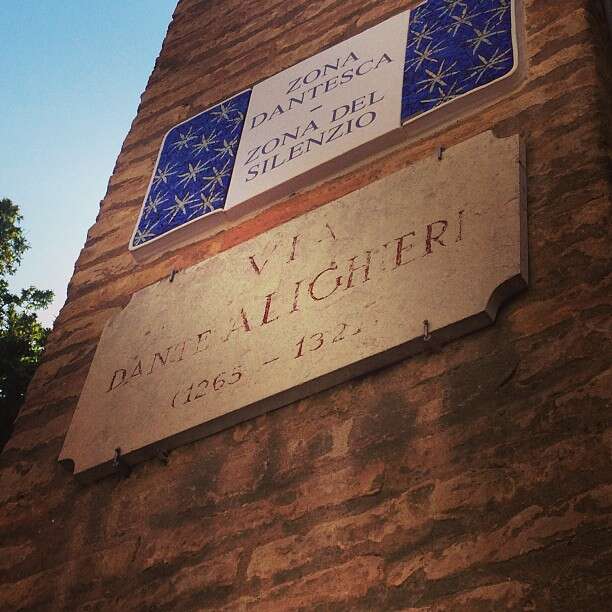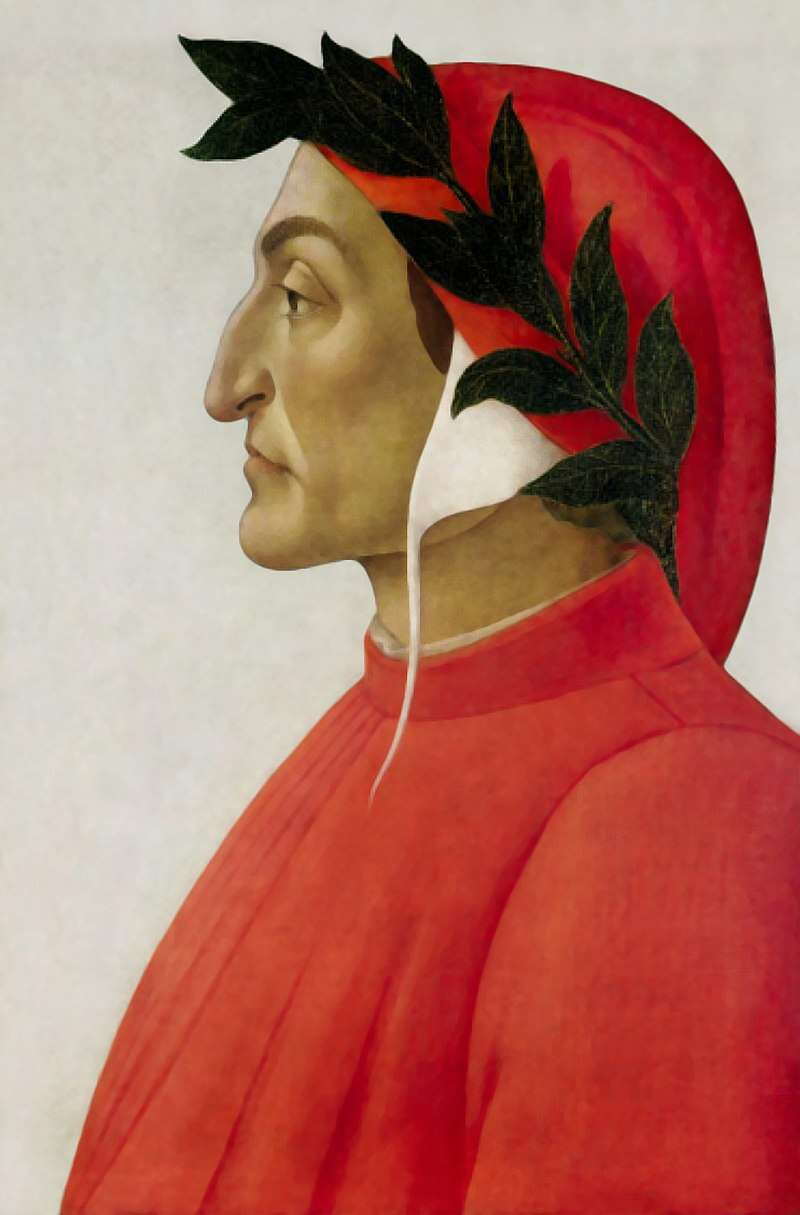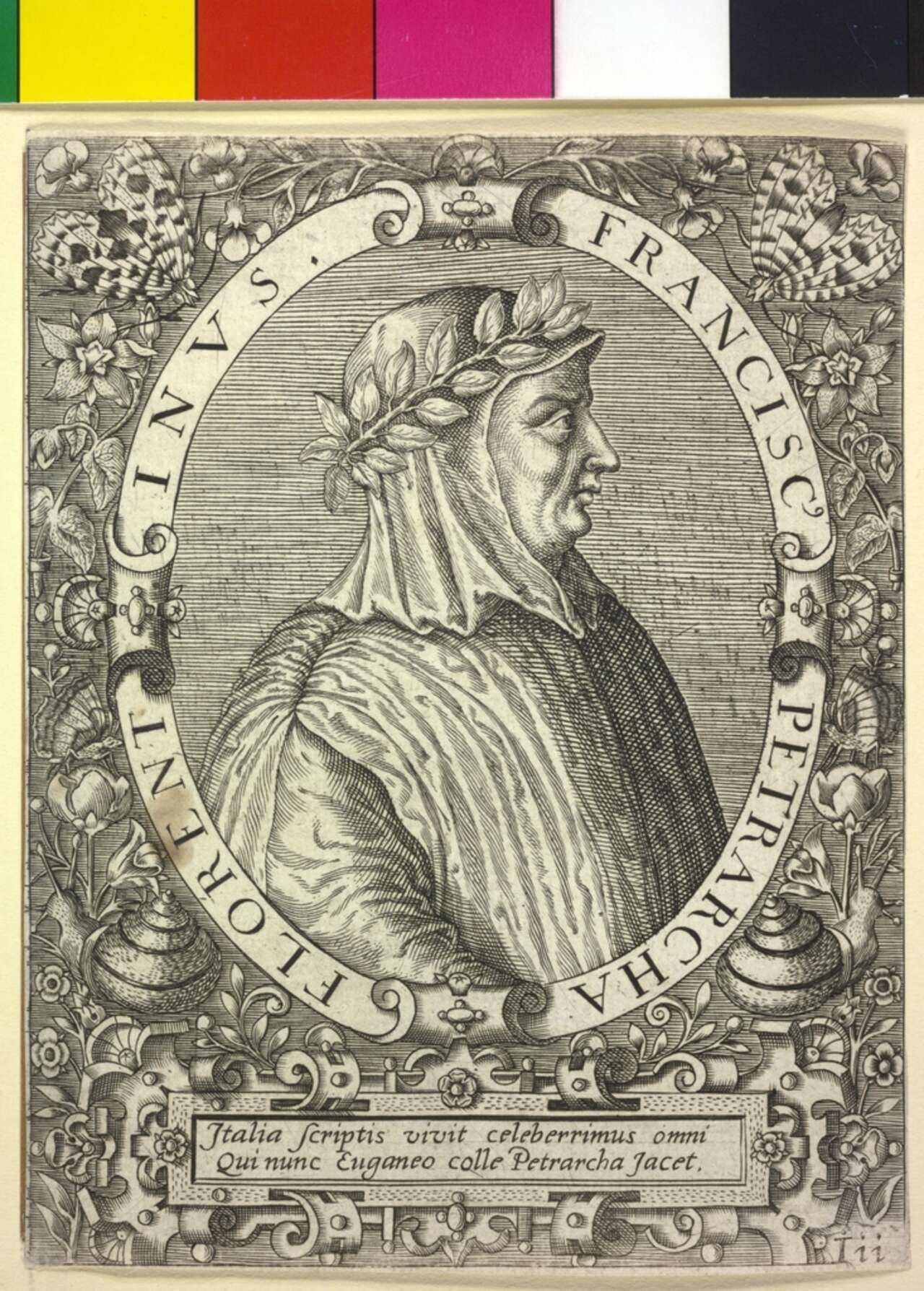Dante Alighieri
A gift to worldwide literature
Dante Alighieri (1265–1321) was an Italian poet, prose writer, and political thinker best known for The Divine Comedy, regarded as the most significant literary work composed in the Italian language and a masterpiece of world literature.
Young years
Dante Alighieri was born in Florence, Italy, and spent his early years learning to read and write, as well as studying Latin. In the territory of Florence, he met Beatrice Portinari, who would become his muse in The Divine Comedy. He later married Gemma Donati, with whom he had multiple children. In his younger years, Dante led the Guelph military faction against the Ghibbelines of Florence, but after the banishment of all Guelphs from Florence in 1302, Dante himself was exiled to Ravenna. It was during this time that he took refuge with Can Grande Della Scala and began writing some of his most notable works, including The Divine Comedy (consisting of Inferno, Purgatorio, and Paradiso), a description of his imagined journey through hell, purgatory, and paradise guided by Virgil and Beatrice.
The Divine Comedy
What would it be like to be forced from your home, forbidden from the life you know, and all that you love? This exile is the scarring experience of Dante Alighieri’s life — the unending source of his Divine Comedy — which he vividly describes. Considered by many the greatest epic poem ever written, The Divine Comedy is an imaginative vision of the afterlife, populated by Dante's contemporaries as well as historical and mythological figures. In novelistic prose, he reveals his adventurous journey through Hell and Purgatory, where he witnesses graphic and often unexpected punishments being meted out by devils and demons. He also recounts his spiritual ascent up Mount Purgatory and into Heaven, where he observes the glory God has prepared for His saints.













